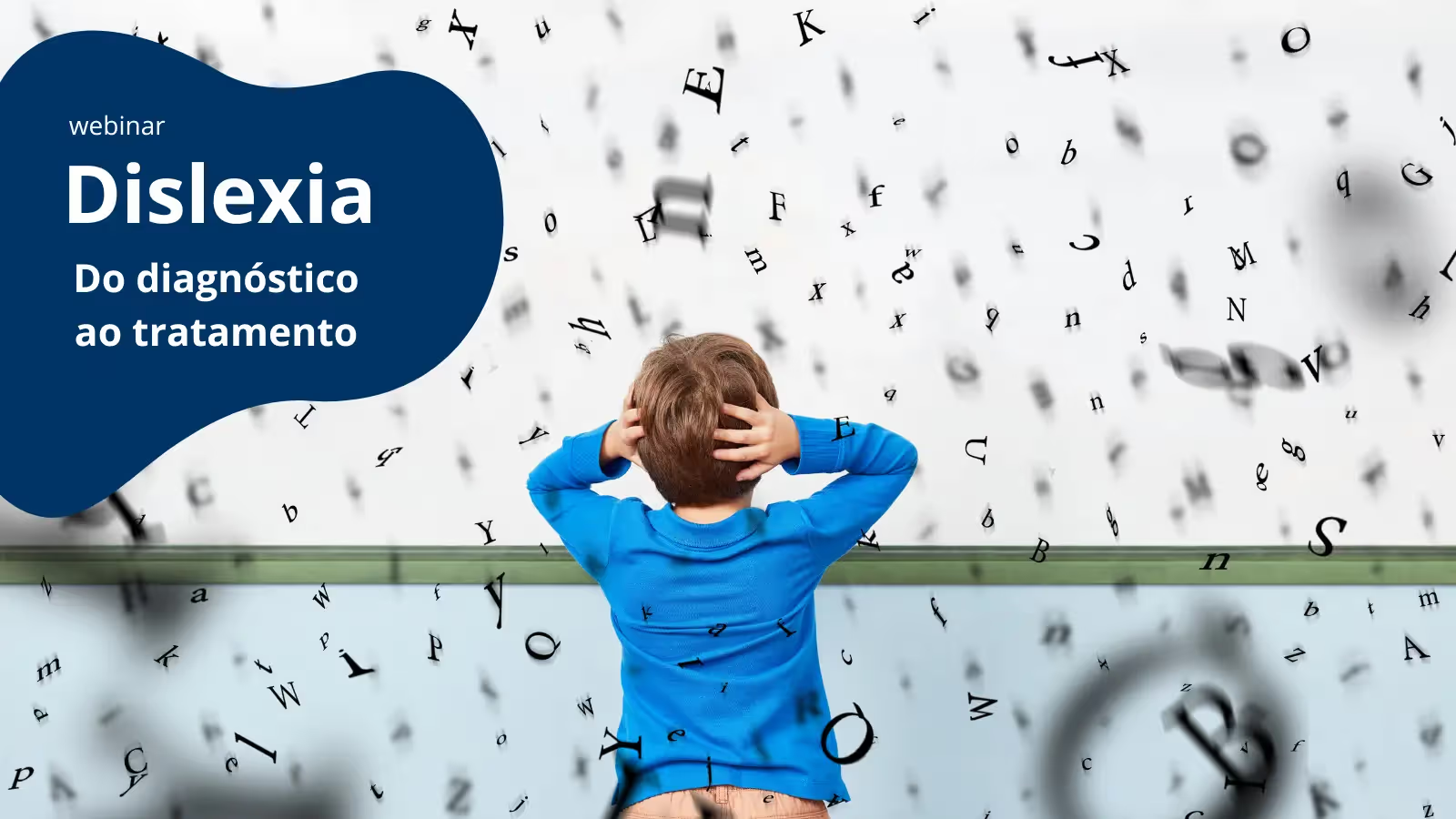Dyslexia: From Diagnosis to Treatment

Although it is a complex problem, it is important to know what the dyslexiachildish in order to demystify this disorder.
In this webinar, we learn some of the symptoms that children can present, from an early age (kindergarten) and that can help us in early diagnosis and treatment.
We also reflect on the best time to diagnose dyslexia and who can make this assessment.
Finally, we analyze some strategies, activities and exercises for dyslexia that can and should be carried out in a home context.
We Train Brains, Strengthen Minds, Transform Lives
Schedule an appointment and see how we can help your family.
No time for a call now? Leave your details and we will get in touch:

Wonderful team, concerned, attentive and always available to help in everything.
With the passage of time, the results are being verified.
I am grateful to have met Neuroimprove and all its professionals.




